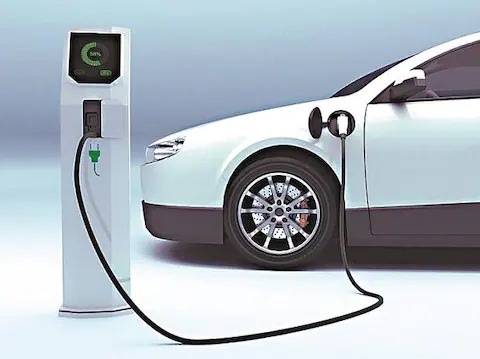Solar power is a rapidly growing industry in India, and one area that has seen increasing demand is the installation of solar charging stations. With more and more electric vehicles hitting the roads and consumers looking for sustainable energy solutions, solar charging stations are becoming an essential part of India’s infrastructure.
The Indian government has set ambitious goals for the adoption of electric vehicles in the country, with a target of 30% electric vehicle penetration by 2030. To achieve this target, the government has launched several initiatives, including the Faster Adoption and Manufacturing of Hybrid and Electric Vehicles (FAME) program, which provides incentives to consumers and manufacturers of electric vehicles.
However, the success of electric vehicles in India is largely dependent on the availability of charging infrastructure. With a vast and densely populated country like India, it is crucial to have a network of charging stations that are easily accessible to consumers. This is where solar charging stations come in.
Solar charging stations are powered by solar panels, which convert sunlight into electricity. These stations can be installed in various locations, including highways, parking lots, and residential areas. They provide a sustainable and cost-effective solution to the energy needs of electric vehicles, and also contribute to reducing the country’s carbon footprint.
One of the main advantages of solar charging stations is that they are not dependent on the grid. This means that even in areas where there is no electricity supply, solar charging stations can be installed and provide a reliable source of energy. They also help reduce the load on the grid, which is particularly important in a country like India where power shortages are common.
Another advantage of solar charging stations is that they can be used for other purposes as well. For example, they can be used to power streetlights, providing a reliable source of light for pedestrians and motorists. They can also be used to power small businesses, such as roadside vendors, who often struggle with access to electricity.
The demand for solar charging stations in India has been growing rapidly in recent years. According to a report by Bridge to India, the country is expected to have more than 78,000 electric vehicle charging stations by 2026, with a significant portion of them being powered by solar energy. The government has also announced plans to install solar-powered charging stations along the entire length of the Delhi-Mumbai expressway.
In conclusion, the demand for solar charging stations in India is on the rise, and for good reason. They provide a sustainable and cost-effective solution to the energy needs of electric vehicles, and also have other applications that contribute to the development of India’s infrastructure. As the country continues to transition towards a greener economy, the installation of solar charging stations will play a crucial role in achieving these goals.


